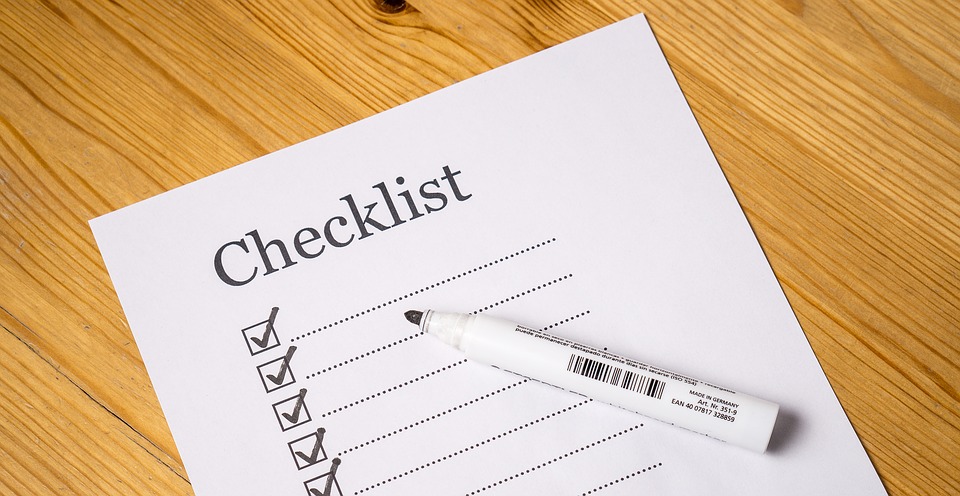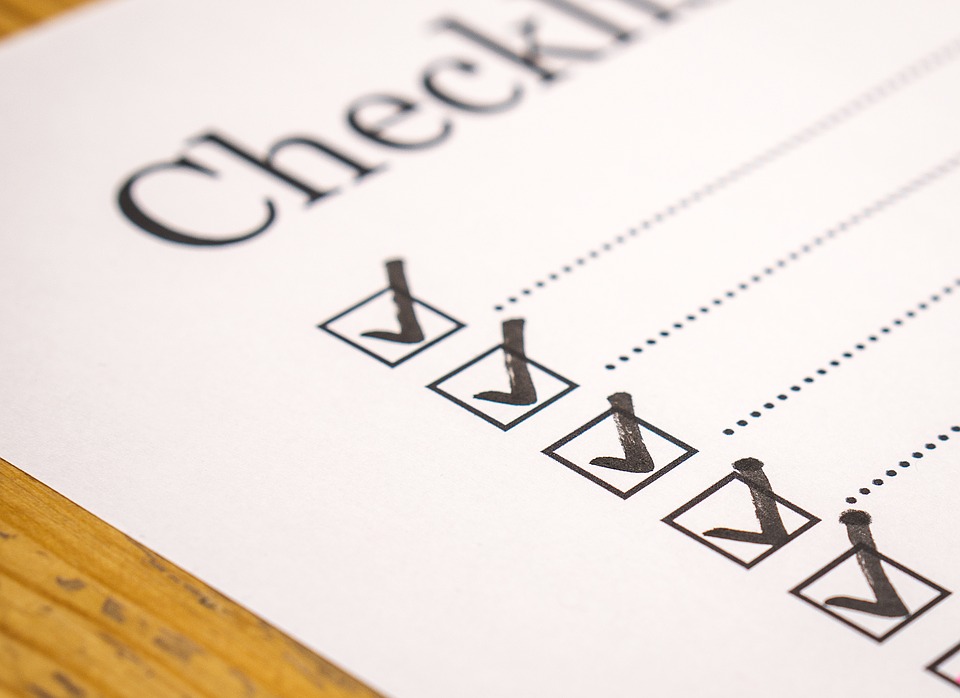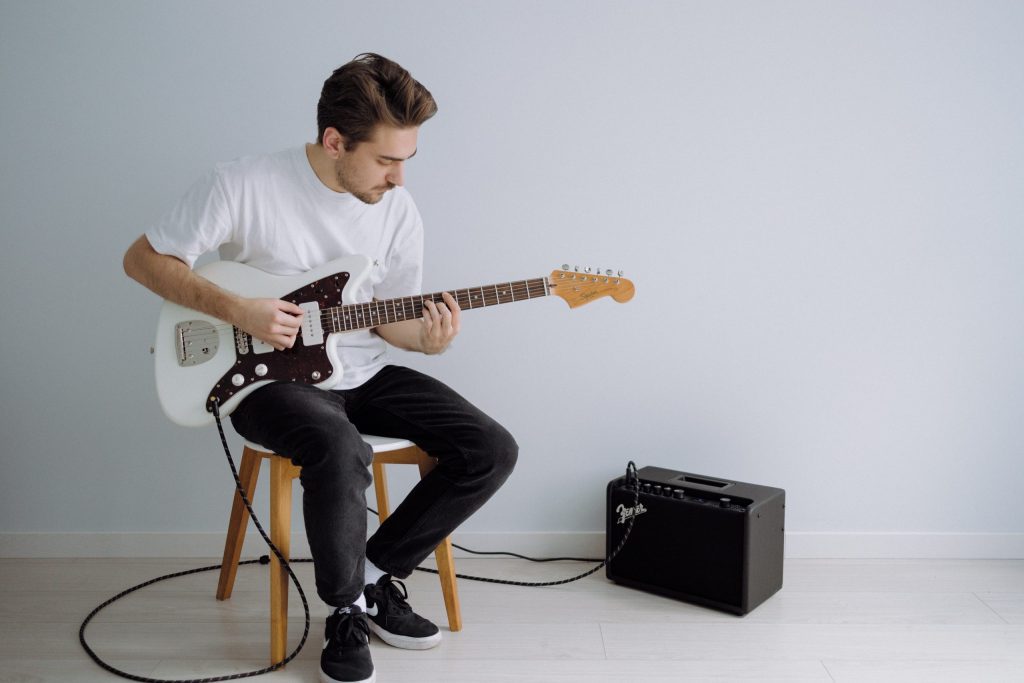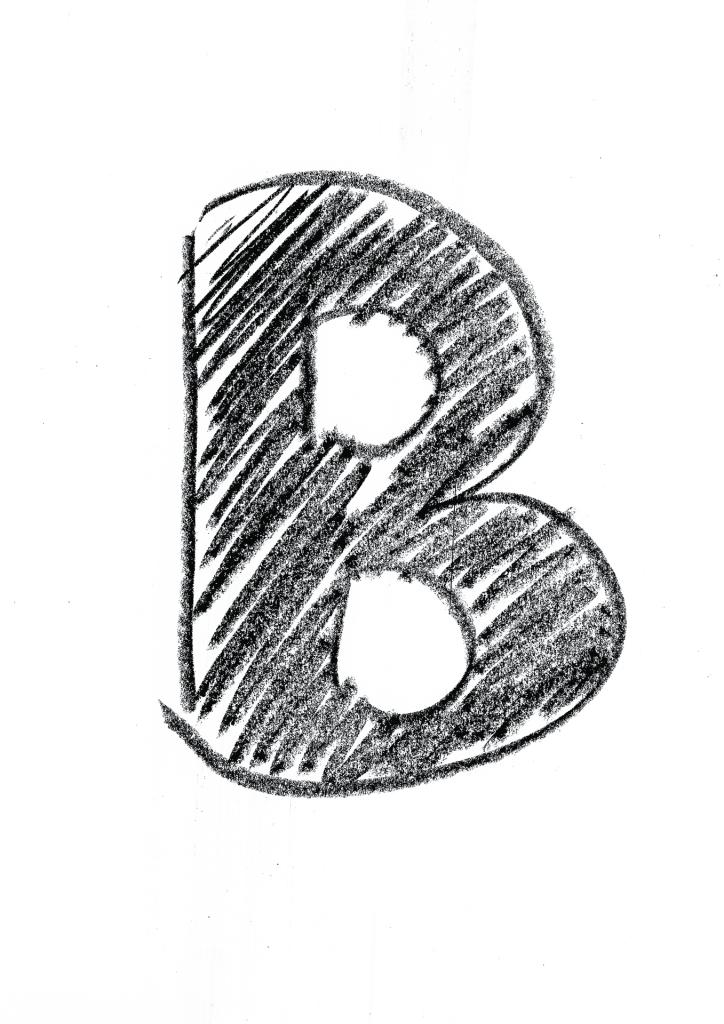10 Top Tips For Parents

Getting children started at a young age is a great idea. It’s fun, helps grow their musical taste, and gives them a head start in developing their musical ear. Whilst this can lead to many years of great playing, it’s important to keep a few thoughts in mind.
1. Focus On Fun – The most important thing to do when children learn the guitar is to keep it fun. Generally speaking, the younger the student, the more important it is for the focus to be on fun.
 2. Have The Necessary Equipment – Guitarists lose picks all the time, so make sure your child has plenty. They’ll also greatly benefit from having their own capo, tuner, music stand, guitar stand and carry bag for their guitar. Christmas and Birthdays are great opportunities to buy these for them, rather than spending the entire present budget on video games.
2. Have The Necessary Equipment – Guitarists lose picks all the time, so make sure your child has plenty. They’ll also greatly benefit from having their own capo, tuner, music stand, guitar stand and carry bag for their guitar. Christmas and Birthdays are great opportunities to buy these for them, rather than spending the entire present budget on video games.
3. Establish A Routine – Start by finding a 10 minute block of time that suits you, 3 days per week and set that as your child’s practice time. A reminder can even be set up in their phone, tablet or iPod. The key is to establish short, effective, regular practice sessions and then reward your child after each practice. If this is strongly established in the early stages of learning, children are usually able to keep it up on their own accord as time progresses. I also advise writing down the practice times on a family schedule and sticking it on the fridge or wall.
4. Practice Space – Set up a dedicated practice space, such as a corner in their bedroom, which can also be used to keep your child’s guitar and folder set up and ready to go at all times. The less obstacles, the more likely students are to practice.
5. Practice With Them – The vast majority of young beginners will require a lot of assistance to develop an efficient practice regime. Take charge of their practice time and follow the routine that’s in their student folder. Keep in mind that it may take a few weeks for them to learn all components for their practice routine.
 6. Sit In On The Lesson – This isn’t always possible, but spectating on your child’s lesson will definitely give you a better idea of the components they should be practicing.
6. Sit In On The Lesson – This isn’t always possible, but spectating on your child’s lesson will definitely give you a better idea of the components they should be practicing.
7. Each Child Is Different – Some people progress quickly and easily and others struggle to learn even basic concepts. This isn’t a bad thing, it simply means that some students may need more assistance and guidance from their parents and tutor.
8. Expose Them To Music – Typically, students are more engaged when they are familiar with the music they’re learning, which is why I highly recommend exposing your child to music as early on as possible. This can be done by playing music at home, in the car, or by finding out what theme songs for their TV shows they like. Playing along with songs is one of the most enjoyable aspects of playing because it makes them feel like they are part of the music and encourages them to repeat playing the same chords for several minutes at a time – a vital component to successfully learning the guitar. Students will also benefit greatly from having a copy of the songs they’re learning on their mp3 player or tablet. It is also a good idea to build up their iTunes library and make a playlists of songs they’ve learnt, songs they want to learn and their favourite songs. This opens a great opportunity to give your child iTunes vouchers for their birthday and Christmas.
9. Set Goals – Discuss realistic and achievable goals with your child and their tutor and then write them down in their student folder. See these as part of the bigger picture to what they’re learning. Some suggestions are to learn how to tune the guitar, pass Step A of The Ultimate Guitar Method, play a song for mum and dad for their school class or even just to learn a favourite song of theirs. Your UGA tutor can help think of more ideas for you!
10. Reward Them – Positive reinforcement is very powerful and should not be underestimated. Think of a reward for completing each practice session, each weekly minimum practice amount and then also another for achieving one of your child’s goals. It could be chocolate, pocket money, iPad time or anything else that works for your child. Again, ask your UGA tutor if you need more ideas.
I really hope you implement some of these tips and tricks – they really can help your child establish a good home practice regime. Many of templates listed above can be found in your child’s Student Folder and also in the UGA Student Welcome Pack. We have several additional templates that are also available upon request, which can be used to keep track of their practice and help them aim for a reward when practicing enough times per week.
Please feel free to contact us if you have any questions, comments or feedback regarding this article.







Responses